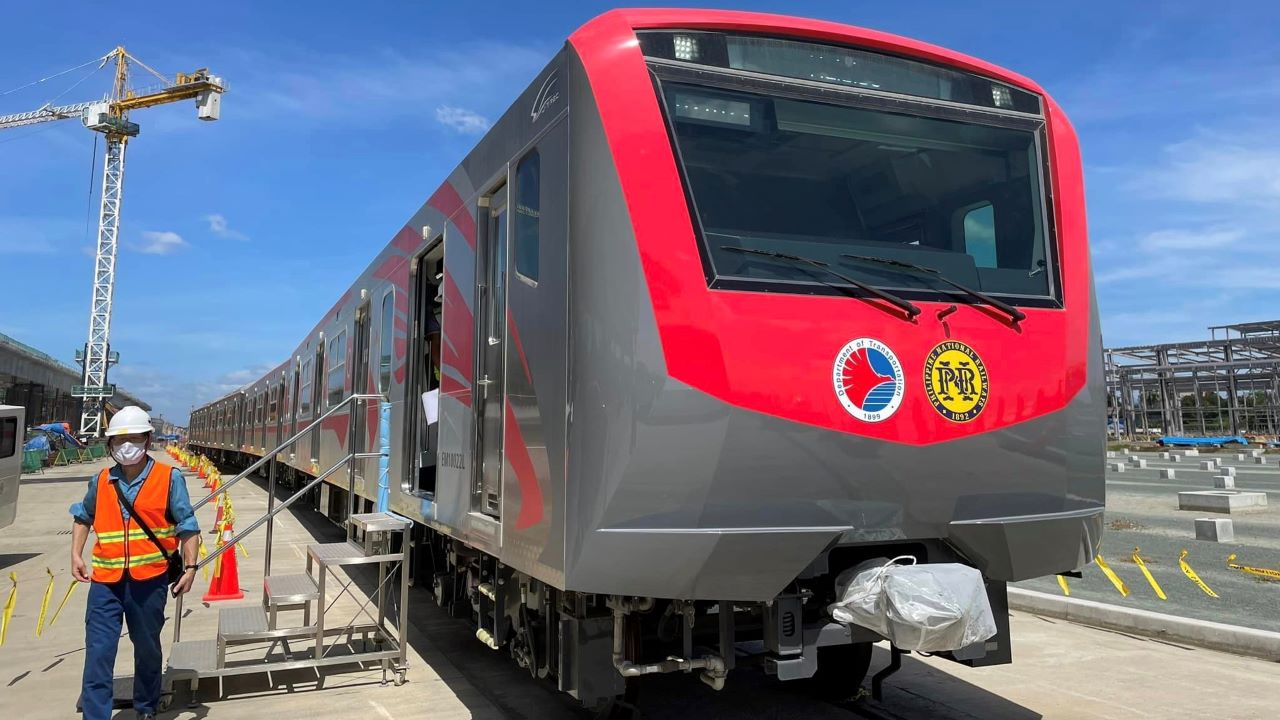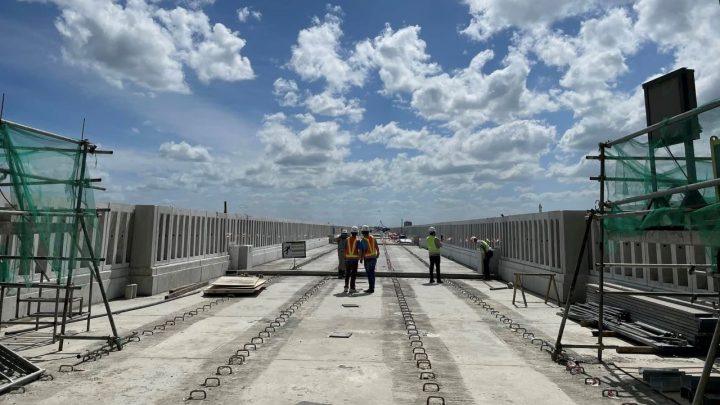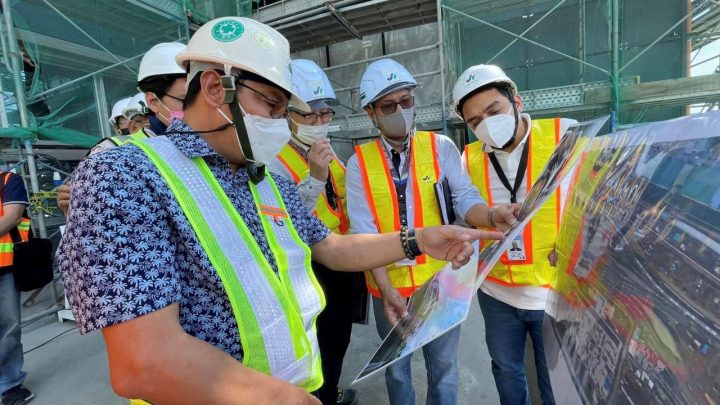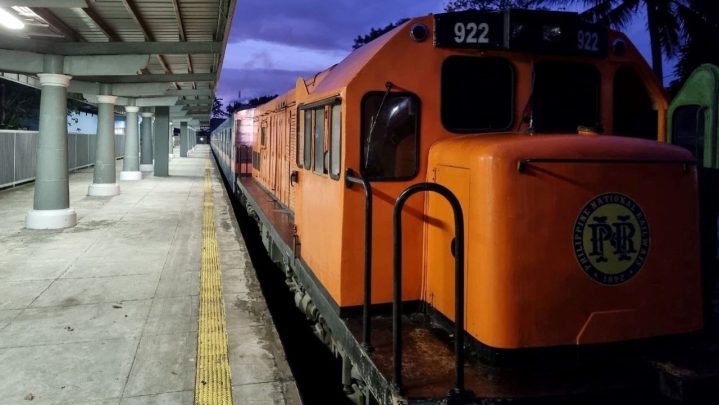
The construction of the North-South Commuter Railway (NSCR) is in full swing, and this has led to the inevitable closure of some PNR routes. As of this posting, two of three routes will likely cease operations in May this year, with the third to follow after a few months in what is projected to be October.
PNR will close three routes within the year for NSCR construction

Photo: Philippine National Railways
Last week, the Philippine National Railways announced that the Gov. Pascual, Malabon-Calamba line will be the first to stop operations in a bid to speed up the construction of the North-South Commuter Railway by eight months. The stopping of operations along the said line will give way to the laying down of tracks and the putting up of posts in and along the area.

Photo: Philippine National Railways
The Alabang-Calamba line is seen to close in May as well, with the Tutuban-Alabang route to follow later some time in October.
“DOTr and PNR will make formal announcement two months before the official stoppage of train operation,” said Cesar B. Chavez, Undersecretary for Railways. “Safety and passengers’ welfare are the number one priority of the PNR leadership. The issues related to safety and welfare of the passengers of the PNR train are always the guideposts of the decisions of the PNR leadership,” Chavez later added.

Photo: Philippine National Railways
It has been estimated that about 30,000 passengers will be affected by the line closures, and the LTFRB will be providing alternative transportation franchises to address this. By expediting the construction, the government is set to save about PHP 15USD 0.25INR 22EUR 0.25CNY 2.18B since land acquisition and the relocation of utilities will be less.
“We have enough time to prepare all the necessary requirements to enforce and use alternative transportation for the affected passengers…,” Chavez reiterated.
As it stands, the completion of the North-South Commuter Railway is set for 2026. The eight-month reprieve is a welcome development towards hitting the target year, but it remains to be seen how the government will address the inconvenience and unavoidable trouble that it will bring to commuters. “The price of progress”, indeed. But this price should not come at great expense, as much as it can be helped.
We have a few more months before the first line closes, so within that time, let’s hope effective and safe alternatives will be put forward for everyone.


